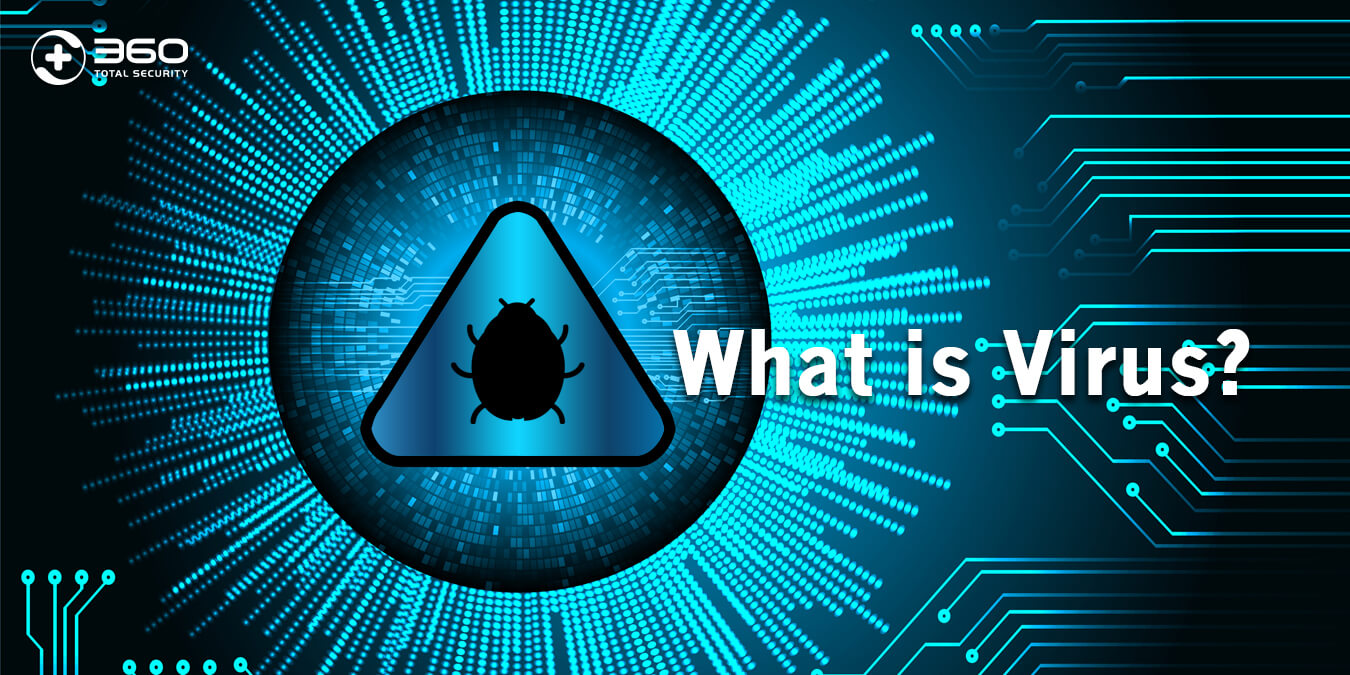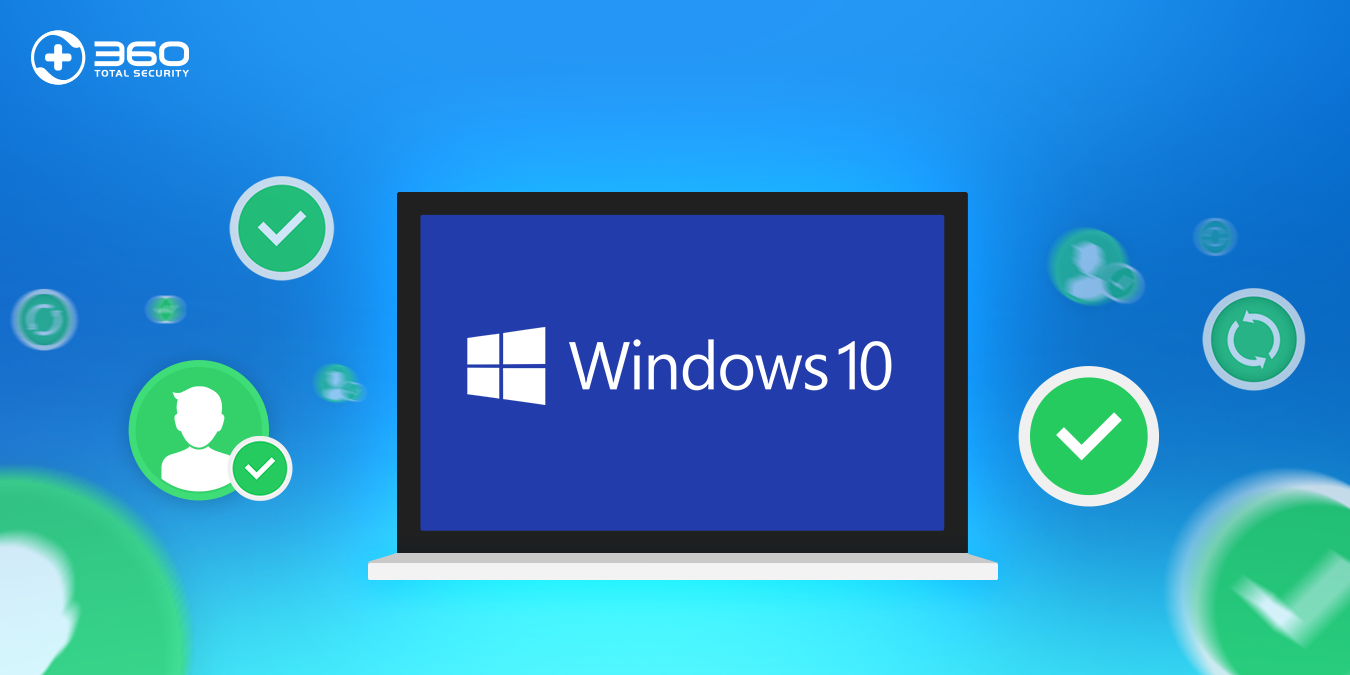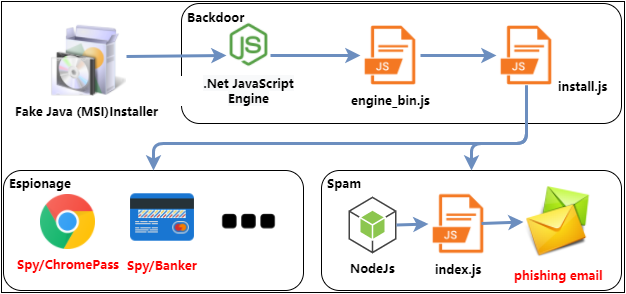
A computer virus is a program or a piece of code that can self-duplicate on computer networks. Once loaded, a virus program injects itself to other files through contaminated data and attacks the infected computer, leading to issues such as poor PC performance or unexpected program execution.
Virus Types & Infection Indicators
According to how a virus program infects a PC, viruses can be categorized into several types:
1. File viruses: A file-infecting virus, or parasitic virus, targets executable files which names often end in extensions such as with .COM, .DLL, .EXE, or .SYS.
2. Boot sector viruses: This virus infects a storage device’s master boot record (MBR). Boot sector is part of a storage media (hard drives, DVDs, CD or the older floppies); a boot sector virus can infect the targeted PC by altering its boot sector program.
3. Macro viruses: A macro is a set of commands written for programs to function. A macro virus is encoded as a macro embedded in an application such as Microsoft Word, causing a sequence of automatically-executed harming actions when the infected application starts.
4. Script viruses: Written in programming languages(VBS, JavaScript, BAT, PHP and VBA), Script viruses may be used to compose other multi-component viruses, to infect other scripts, or to attack other formats of files that allow the execution of that script.
Below are some indicators for users to check if their PC is infected. Note that each of the factors may result from different reasons. However, if your PC meets one or more of them, it is suggested to conduct a virus check as soon as possible to detect a potential virus infection.
1. If your computer is running slowly, it might be a sign of virus infection. However, spyware, adware or memory shortage may also lead to this issue, and virus is only a possibility for this symptom.
2. If you frequently encounter unusual execution issues such as operating system shutting down unexpectedly and programs start or close suddenly, you should also raise attention to this indicator.
Precaution and Prevention
Usually, a computer virus is spread by e-mail attachments, instant messaging (IM) tools, or downloads from the Internet. Virus-containing files are often disguised as funny images or videos with eye-catching headlines to draw recipients’ attention. What’s worse, many viruses are designed to spread as soon as the victim open the file.
So how can we defend against viruses? Here are some approaches and tools suggested to help protect your computer from viruses:
1. Do not open or download unrecognized files
Viruses may lie in email attachments or pirate software. Therefore, it is critical to avoid behaviors including downloading files from unknown sources, or opening an e-mail attachment or IM link unless you are expecting it.
2. Install an antivirus program
A well-functioning antivirus software helps check the existence of viruses. By conducting a thorough scan on your operating system and files, antivirus program not only blocks suspicious files as quarantine but also alerts users to potential risk in time. New virus appear each day, so it is essential to keep your antivirus up-to-date.
3. User Account Control (UAC)
Some viruses make changes to your computer without your knowledge, leading to PC malfunction or data loss. User Account Control helps prevent unauthorized changes by sending notification to users when changes are to be made.
4. Change browser settings
When surfing on the Internet, users may see pop-up windows or advertisement. Most of theses windows are from advertisers, but sometimes they may be adware or even contain malicious code. Changing your browser privacy settings helps you control how many personal information a website owner can get from you. This reduces the chance to be the targeted audience of advertising, which also helps prevent identify theft, fraud or unsafe code insertion to your PC. You can also adopt a pop-up blocker to prevent these annoying windows from appearing.
Protecting your computer from viruses is crucial to preserve your data security and your privacy. Using an antivirus and being cautious when surfing the internet, will easily reduce the risk of a virus infection on your computer.
Learn more about 360 Total Security








